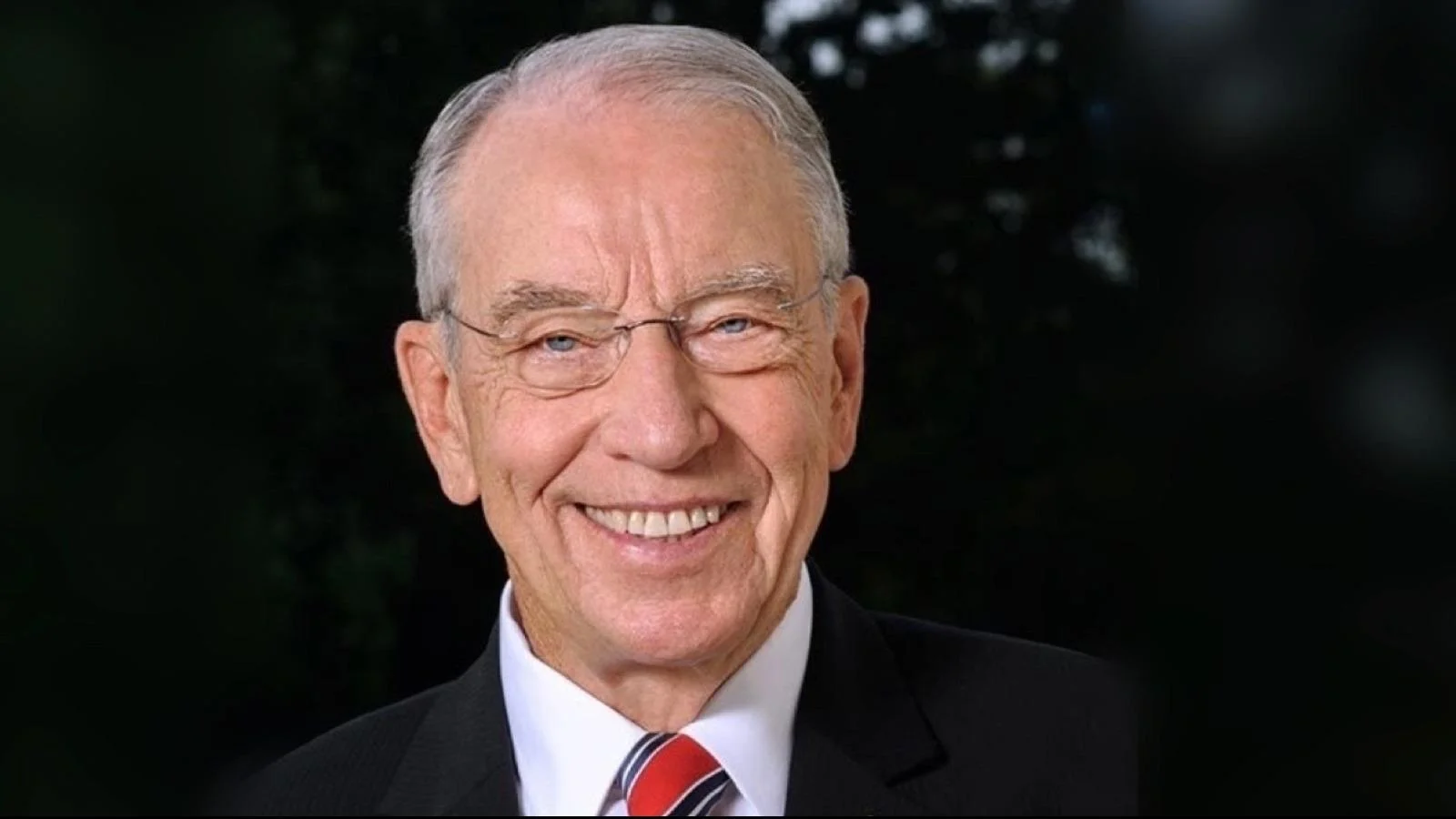Senator Chuck Grassley | Official U.S. Senate headshot
Senator Chuck Grassley | Official U.S. Senate headshot
Sens. Chuck Grassley (R-Iowa) and Maggie Hassan (D-N.H.) have reintroduced legislation that would require pharmaceutical and device manufacturers to disclose financial relationships with tax-exempt patient advocacy groups. Both senators are members of the Senate Finance Committee, which Grassley previously chaired.
The proposed measure, known as the Open Payments Expansion Act, follows a 2020 investigative report led by Grassley. The report found that opioid and medical device companies paid $65 million to nonprofit entities that encouraged sales while minimizing addiction risks.
“Transparency brings accountability. It’s unacceptable that pharmaceutical donors can manipulate well-meaning groups into Trojan horses for dishonest marketing. Our bipartisan bill requires opioid manufacturers to come clean by disclosing their payments to these nonprofit organizations," said Grassley.
“One of the many ways that Big Pharma fueled the opioid crisis was through secretly funneling money to nonprofit advocacy groups – and then those groups at times promoted the use of opioids, despite the increasingly clear risks of addiction,” said Hassan. “At the very least, the American people deserve to know when Big Pharma tries to wield its influence through others. Passing our bipartisan bill would significantly improve transparency, and I urge our colleagues on both sides of the aisle to support it.”
The senators' efforts follow previous recommendations from Grassley and Sen. Ron Wyden (D-Ore.), who advocated for expanding the Centers for Medicare & Medicaid Services’ Open Payments database after revealing significant financial contributions from opioid manufacturers to nonprofit advocacy organizations over several decades.
In 2015, Grassley sponsored legislation mandating disclosure of payments from drug and device makers to nurse practitioners, physician assistants, and other health professionals—a requirement later included in the 2018 SUPPORT for Patients and Communities Act.






 Alerts Sign-up
Alerts Sign-up